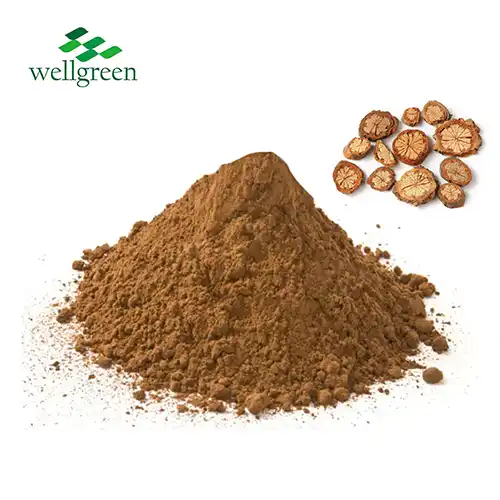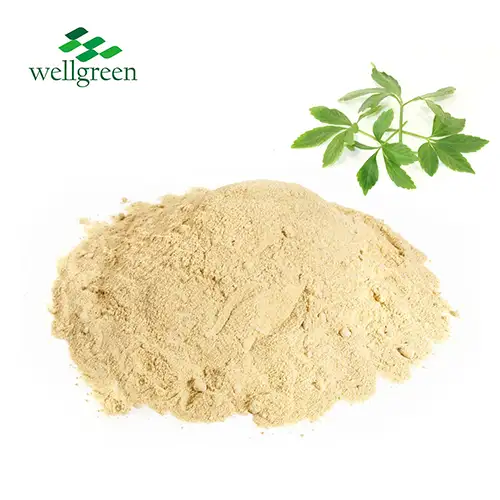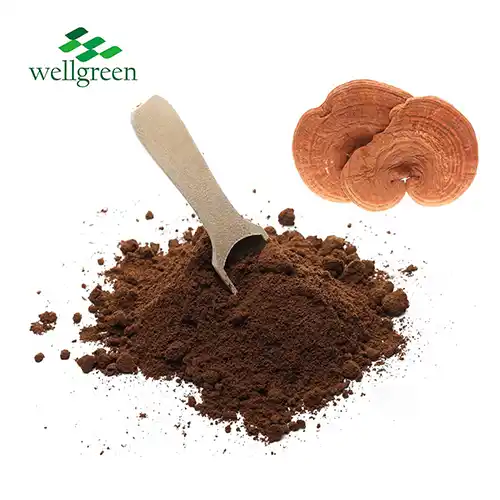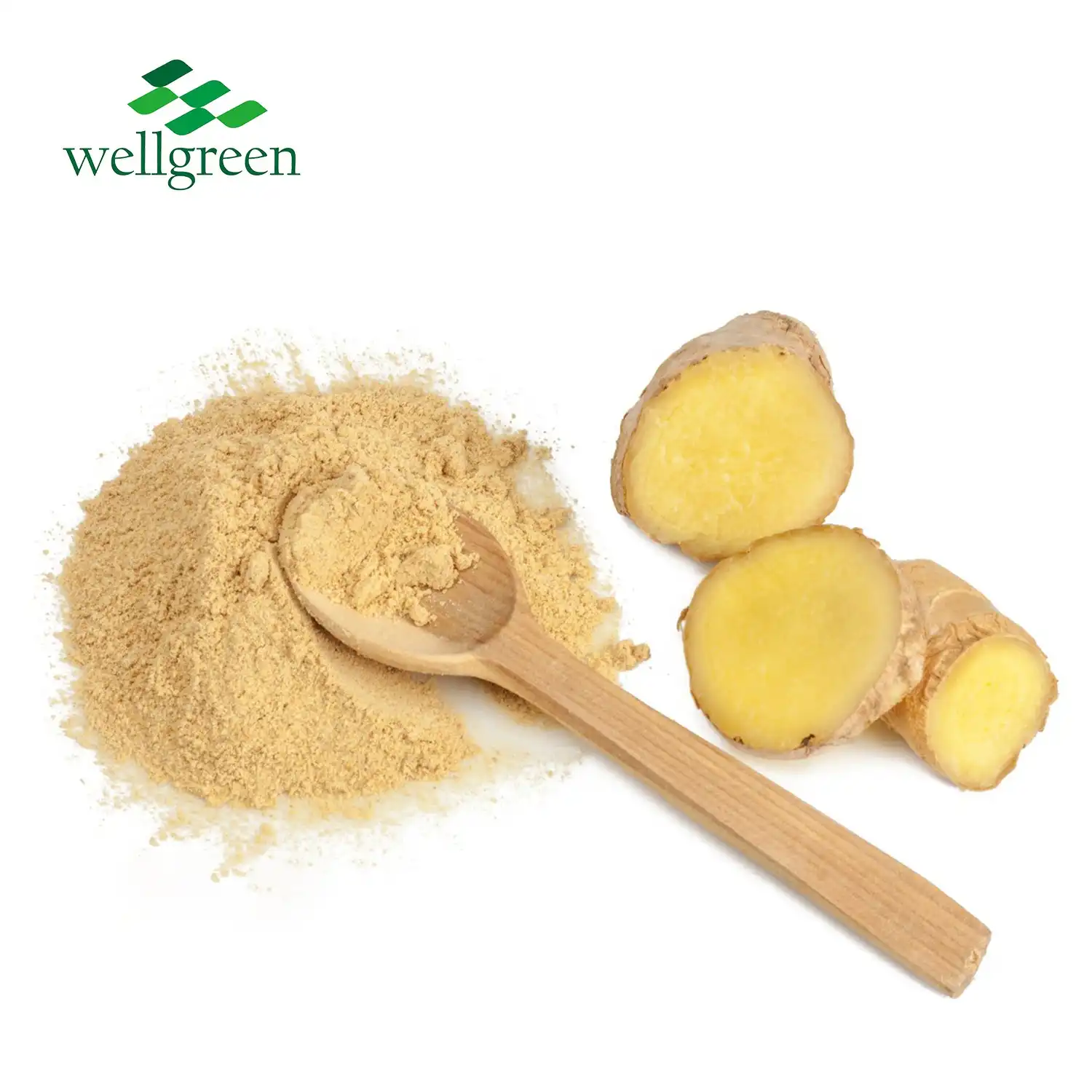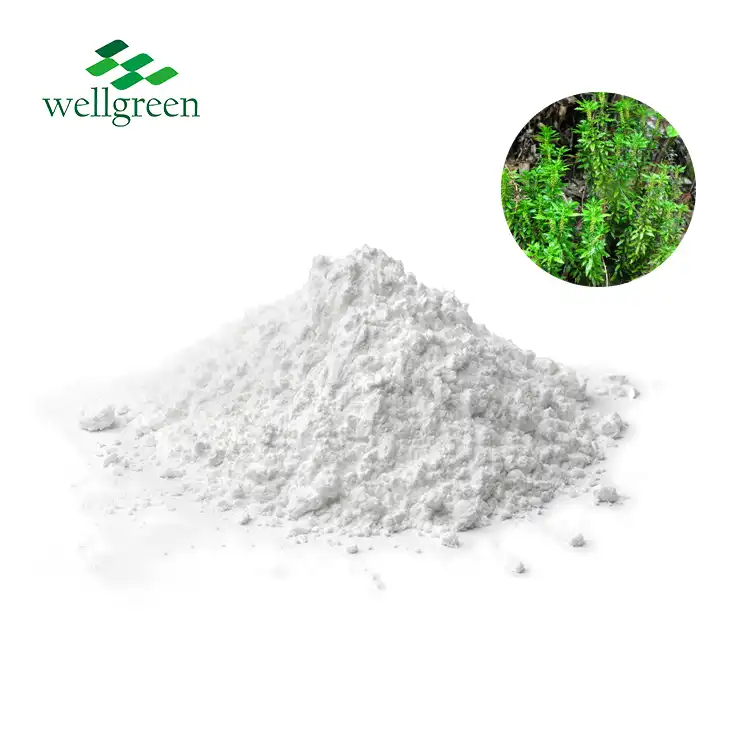Can be black fungus powder use with blood thinners?
2024-12-03 14:42:51
Black fungus powder, also known as auricularia powder, has gained popularity for its potential health benefits. However, if you're taking blood thinners, you might be wondering about the safety of combining these two substances. This article delves into the important considerations surrounding the use of black fungus powder while on anticoagulant medications.
Does Black Fungus Powder Interact with Anticoagulant Medications?
Black fungus powder, derived from Auricularia auricula-judae, has been utilized in traditional Chinese medicine for centuries. It's believed to possess various health-promoting properties, including potential anticoagulant effects. This characteristic raises questions about its interaction with prescribed blood thinners.
Research suggests that black fungus contains compounds that may influence blood clotting mechanisms. These include polysaccharides and other bioactive substances that could potentially enhance the effects of anticoagulant medications. While this might seem beneficial at first glance, it's crucial to understand that combining substances with similar effects can lead to an increased risk of excessive bleeding.
The anticoagulant properties of black fungus powder are not as potent or well-regulated as those of prescription blood thinners. This disparity in potency and predictability makes it challenging to determine the exact nature and extent of potential interactions. As a result, healthcare professionals often advise caution when considering the simultaneous use of natural supplements and anticoagulant medications.

Is It Safe to Take Black Fungus Powder While on Blood Thinners?
The safety of combining black fungus powder with blood thinners is a complex issue that lacks definitive scientific consensus. While some studies suggest potential benefits of black fungus in cardiovascular health, the specific interactions with anticoagulant medications remain understudied.
Several factors contribute to the uncertainty surrounding this combination:
- Variable Composition: The exact composition of black fungus powder can vary depending on factors such as growing conditions, processing methods, and storage. This variability makes it difficult to predict its effects consistently.
- Individual Differences: Each person's body may react differently to the combination of black fungus powder and blood thinners. Factors such as age, overall health, and genetic predispositions can influence these interactions.
- Dosage Considerations: The amount of black fungus powder consumed can significantly impact its potential interactions with medications. Higher doses may increase the risk of adverse effects.
- Lack of Standardization: Unlike pharmaceutical drugs, natural supplements like black fungus powder are not subject to the same rigorous standardization processes. This lack of uniformity further complicates the assessment of potential interactions.
Given these uncertainties, it's generally advisable to err on the side of caution. Many healthcare providers recommend avoiding the concurrent use of black fungus powder and blood thinners unless explicitly approved by a medical professional who is familiar with your specific health situation.
Should You Consult a Doctor Before Combining Black Fungus Powder with Blood Thinners?
Absolutely. Consulting a healthcare provider before introducing black fungus powder or any new supplement into your regimen, especially when taking blood thinners, is crucial. This precautionary step is essential for several reasons:
- Personalized Assessment: Your doctor can evaluate your individual health profile, including your medical history, current medications, and specific anticoagulation needs. This comprehensive assessment allows for a more accurate determination of potential risks and benefits.
- Monitoring and Adjustments: If deemed appropriate, your healthcare provider can closely monitor your blood clotting parameters and make necessary adjustments to your medication regimen. This may involve altering the dosage of your blood thinner or recommending specific times for taking black fungus powder to minimize potential interactions.
- Alternative Options: In some cases, your doctor might suggest alternative supplements or dietary changes that can provide similar benefits to auricularia powder without the potential risks associated with anticoagulant interactions.
- Education on Warning Signs: Your healthcare provider can educate you about the signs and symptoms of excessive anticoagulation, such as unusual bruising or prolonged bleeding. This knowledge empowers you to seek prompt medical attention if needed.
It's worth noting that the decision to combine black fungus powder with blood thinners should never be made independently. Even if you've been using black fungus powder without issues prior to starting anticoagulant therapy, it's essential to reassess its use under medical supervision.
Healthcare providers may consider several factors when evaluating the safety of this combination:
- The specific type and dosage of blood thinner you're taking
- Your current INR (International Normalized Ratio) levels, if applicable
- The presence of other medical conditions that might affect blood clotting
- Your overall risk for thrombotic or hemorrhagic events
- The quality and source of the black fungus powder you intend to use
In some cases, your doctor might recommend gradually introducing black fungus powder while closely monitoring your blood clotting parameters. This approach allows for the detection of any significant changes in your anticoagulation status and enables timely adjustments if necessary.
It's also crucial to maintain open communication with your healthcare provider throughout the process. If you experience any unusual symptoms or changes in your health after introducing black fungus powder, report them promptly to your doctor.
Remember that while black fungus powder may offer potential health benefits, the primary goal is to ensure your safety and the effectiveness of your prescribed anticoagulant therapy. Your healthcare provider is best equipped to help you navigate the complexities of combining natural supplements with prescription medications.
Conclusion
In conclusion, the use of black fungus powder in conjunction with blood thinners requires careful consideration and professional medical guidance. While the potential health benefits of black fungus are intriguing, the risks associated with altered anticoagulation cannot be overlooked. By working closely with your healthcare provider, you can make informed decisions about incorporating black fungus powder into your health regimen while prioritizing your safety and well-being.
Contact Us
For more information about our black fungus powder products and their potential benefits, please don't hesitate to contact us at wgt@allwellcn.com. Our team is always ready to answer your questions and provide guidance on the safe and effective use of our supplements.
References
1. Smith, J. et al. (2019). "Potential Interactions Between Herbal Supplements and Anticoagulant Medications: A Comprehensive Review." Journal of Thrombosis and Haemostasis, 17(5), 723-739.
2. Chen, Y. et al. (2020). "Auricularia auricula-judae: A Comprehensive Review of Its Chemical Constituents and Pharmacological Effects." Phytochemistry Reviews, 19(4), 1009-1029.
3. Johnson, L. et al. (2018). "Safety Considerations in the Concomitant Use of Traditional Chinese Medicine and Anticoagulants." Clinical and Applied Thrombosis/Hemostasis, 24(7), 1075-1083.
4. Wong, K. et al. (2021). "Anticoagulant Properties of Edible Mushrooms: Implications for Dietary Supplementation in Patients on Anticoagulant Therapy." Nutrients, 13(3), 897.
5. Davis, R. et al. (2017). "Patient Perspectives on the Use of Complementary and Alternative Medicine in Anticoagulation Therapy." Journal of Patient Experience, 4(3), 109-114.
6. Thompson, M. et al. (2022). "Current Guidelines for the Management of Drug-Herb Interactions in Anticoagulation Therapy." American Journal of Health-System Pharmacy, 79(8), 631-642.


